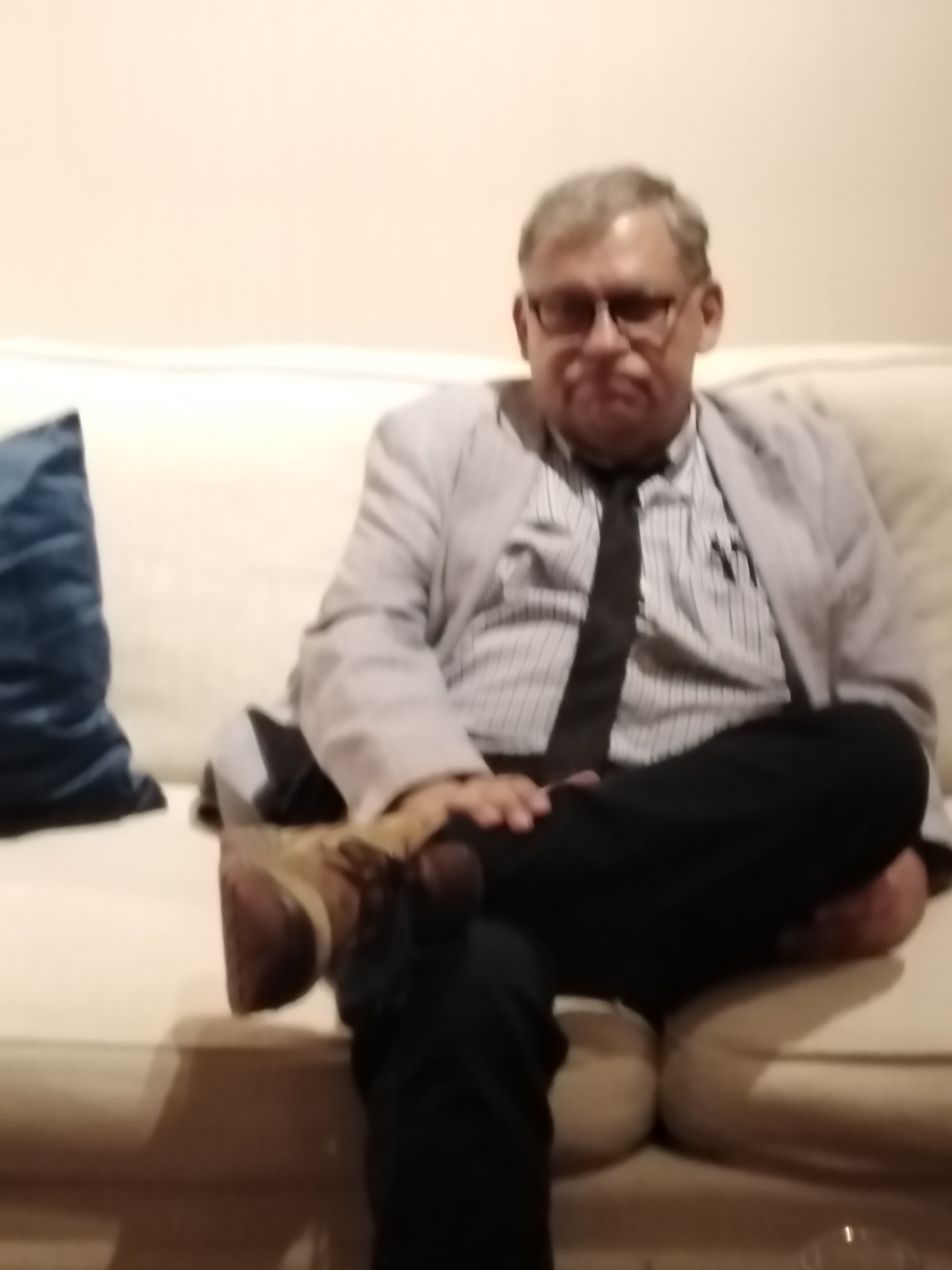Search Results - Zavala, Lauro
Lauro Zavala
 Lauro Zavala (born December 30, 1954, in Mexico City) is a scholarly researcher, known for his work on literary theory, semiotics and film, especially in relation to irony, metafiction and micro-narratives. Faculty professor since 1984 at Universidad Autónoma Metropolitana, Xochimilco, in Mexico City, where he is head of the area on Intertextual Semiotics.
Lauro Zavala (born December 30, 1954, in Mexico City) is a scholarly researcher, known for his work on literary theory, semiotics and film, especially in relation to irony, metafiction and micro-narratives. Faculty professor since 1984 at Universidad Autónoma Metropolitana, Xochimilco, in Mexico City, where he is head of the area on Intertextual Semiotics.He holds a PhD in Literature at El Colegio de México. He is author of a dozen books, and over 150 articles published in books and journals in the US, UK, France, Spain and another 15 countries. His works have been quoted in more than 3000 books and specialized journals. He has presented the results of his research in more than 300 scholarly conferences around the world and has tutored more than 150 dissertations. The National University (UNAM) has produced a DVD based on his textbook on film analysis. Chair of the Permanent Seminar on Film Analysis (SEPANCINE) since 2005, he organizes a National Conference on Film Analysis.
Zavala is the author of a series of models for textual and intertextual analysis as a contribution to the so-called intersemiotic translation. These pedagogical models are designed to analyze short stories, novels, feature films and documentaries, and other forms of narrative, as well as photographs and many other cultural products.
At the core of his work is a theory on the formal components of postmodern cultural products. Paradigmatic Formalism is a response to Russian Formalism, French deconstruction and other European-based literary theories, and it is the result of studying Spanish American literature, where the key element is not the moral evolution of the main character, but experimentation with language itself.
According to this theory, one key element in postmodern culture is the tendency to produce the highest possible complexity in materials of extreme brevity. Arising from the mixed and paradoxical condition of the regional culture, the genre of the so-called micro-stories was born in early twentieth century in Latin American literature. Provided by Wikipedia